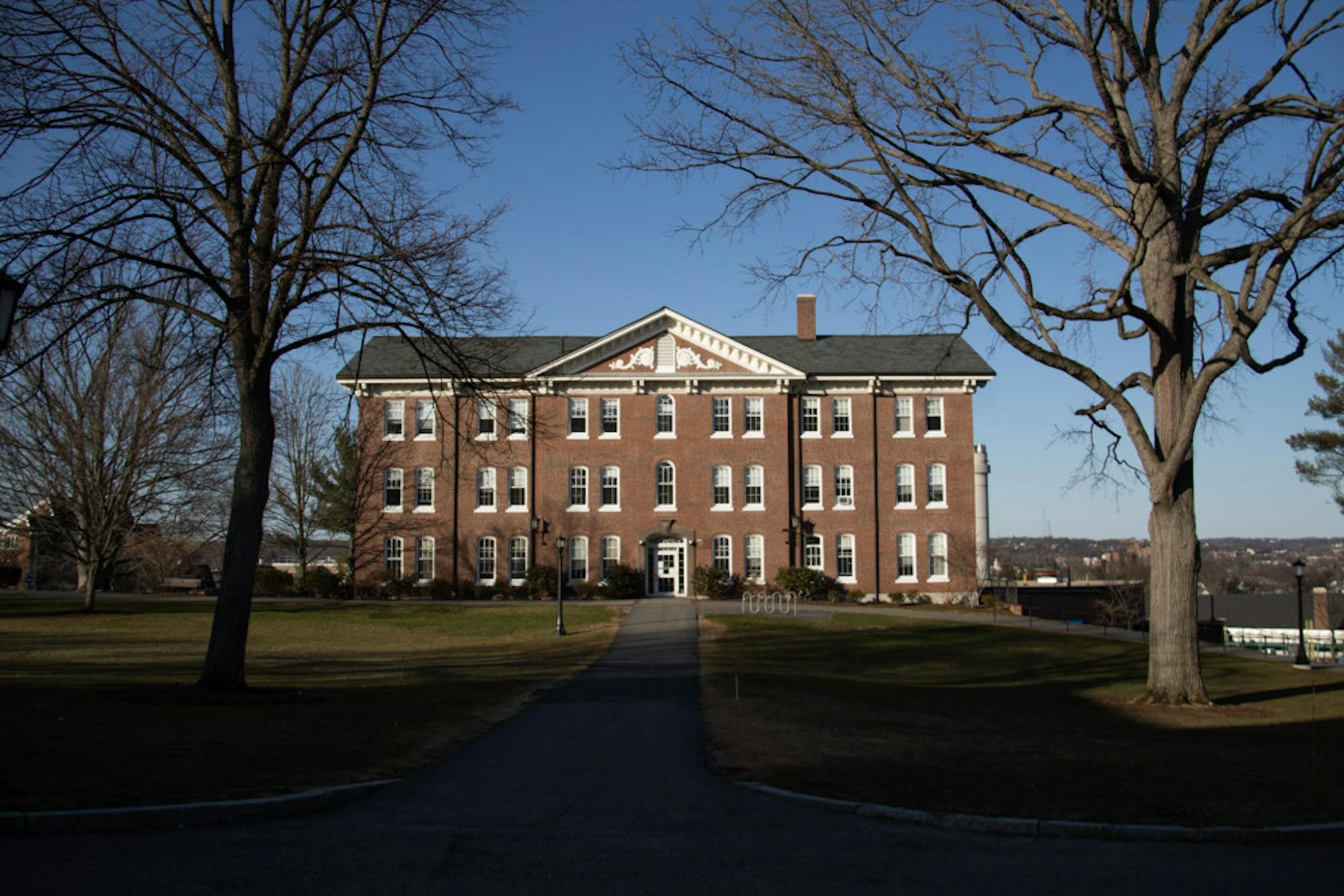Universities get new faculty members all the time, but it is not every day that a university gets a faculty member bringing what Muoki Mbunga brings to the table. Mbunga, who recently finished his Ph.D. in modern African History at West Virginia University and joined the Tufts community this fall, is a historian of modern East Africa, and is sure to expand and enrich the history department’s curriculum with his expertise.
This semester Mbunga is teaching two courses: Reconstructing Africa's Past To 1850 and Special Topics: Pan-Africanism: Origin & Development.
“[Reconstructing Africa's Past To 1850] is the African history survey from the earliest times to 1850 ... I’ve also introduced a new class on the history of Pan-Africanism," Mbunga said. "[For] anyone interested in African history, I’m going to be teaching some of the classes that are already on the books, and I’ll be introducing some new classes in the next couple of semesters.”
Mbunga was originally drawn into the role of a historian through his curiosity as a storyteller, though it took a couple of years in college before he found his true passion.
“I think good history is good storytelling. I think it’s hard to find a good history book that is a terrible story,” Mbunga said. "In college, my major was communication, but by the time I was a junior, I knew that I was interested in the field of African history ... I considered changing majors, but I figured I could pursue African studies in grad school."
Mbunga’s specific area of study involves weaving compelling narratives through intersecting themes and complementary source material to reflect on a violent conflict in 20th-century Kenya.
“I am interested in the intersecting histories of ritual, religion and resistance, so how these three phenomena play into each other," Mbunga said. "I am currently working on a book that is based on my doctoral dissertation about the war of independence in late colonial Kenya."
Kenya’s war of independence, known as the Mau Mau Uprising, lasted from 1952 to 1960, although Mbunga notes that the bulk of the actual fighting occurred during a shorter span, from 1952 to 1956. The conflict was one of resistance to British colonial rule from a group of resistance fighters predominantly hailing from central and eastern Kenya known as the Mau Mau. Mbunga’s work focuses on the Mau Mau fighters’ philosophy of violence and the practices that reflected them.
“Mau Mau fighters invented quite a number of rituals, and they also invented justifications for violence and their violent actions [like] murder, plunder [and] vandalism,” Mbunga said. “It can be a bit gory for some people.”
In his exploration of the conflict and the Mau Mau fighters, Mbunga is especially interested in the motivations that the fighters had to take on the British in the face of the stark differences between the two forces.
“It was an asymmetrical war. [The Mau Mau] had little — if any — chance of winning, and yet they fought," Mbunga said. "And that’s what my study is about — the ethical and religious perspectives ... no one fights to lose, right? But [the Mau Mau] did not necessarily take up arms thinking they had a fair shot of taking on the British army and all the sophisticated equipment that the British government brought to Kenya."
Key to Mbunga’s work is the use of both more standard archival evidence in addition to oral history interviews with Mau Mau veterans. Archives, he said, can give him the facts and narrative of the conflict, but the more abstract and differentiating dimension of his study comes from real conversations.
“I’ve been working on this since my master’s, so I have met [Mau Mau veterans] and interviewed them multiple times since 2012. We’ve forged friendships along the way,” Mbunga said. “They give me perspectives about rituals that I can’t find anywhere in the archives.”
Through his conversations with Mau Mau veterans, Mbunga is interested in interpreting and understanding their perspectives and motivations.
“The British government brought several battalions of the British army [and] several bomber jets [to Kenya]," Mbunga said. "Mau Mau were using machetes and homemade guns ... and yet they fought, right? So I am interested in [questions like], 'Why fight regardless? What was driving the Mau Mau?'"
When finding answers to these questions, Mbunga has found oral histories to be compelling resources.
"I can’t get that from the archives, I can only get that from the oral accounts, from the rituals they invented, from the justifications that they gave for their acts of murder, plunder and vandalism," Mbunga said. "They provide context, they provide information that you cannot find in the archives."
Correction: A previous version of this article stated that Muoki Mbunga is an associate professor in the Department of History. However, Muoki Mbunga is an assistant professor in the Department of History. The Daily regrets this error.






